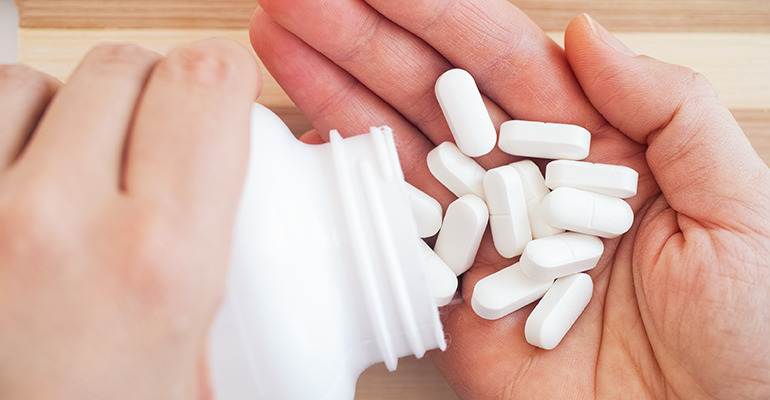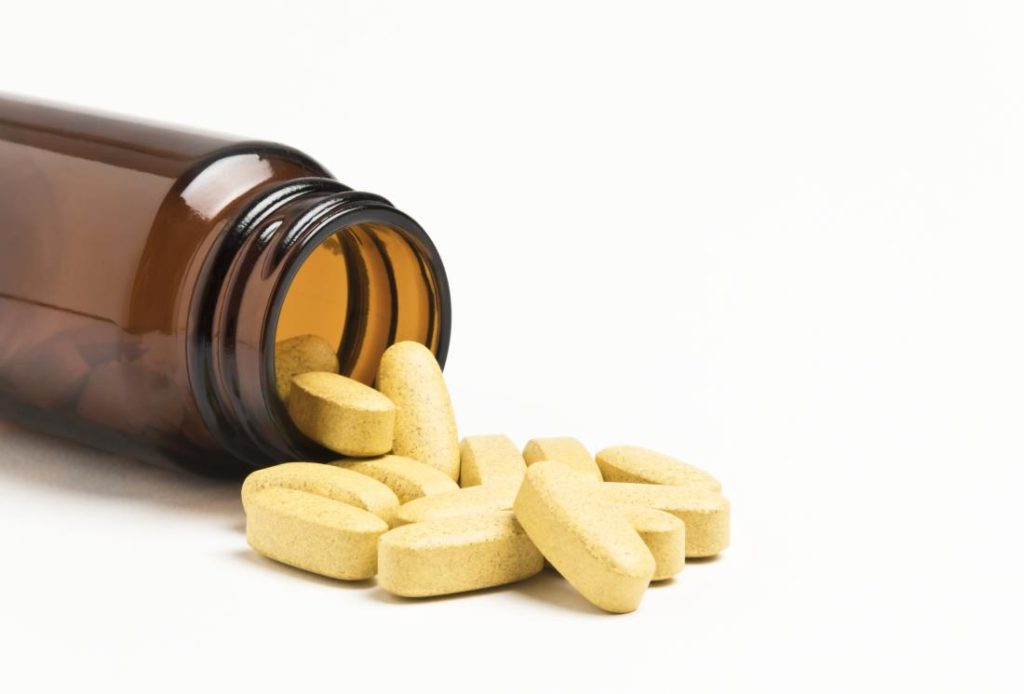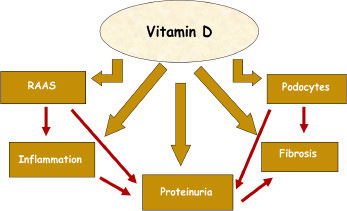How Good is Magnesium Supplement? Is overdose safe?
Magnesium Supplement

Magnesium supplements are available in solid as well as in liquid form. These synthetic supplements are made of several several substances such as Croscarmellose Sodium, Hypromellose, Silicon Dioxide, Magnesium Oxide Cellulose Gel, Stearic Acid, Polyethylene Glycol, Magnesium Stearate, added color, and more.
This kind of supplement ensures that necessary amounts of magnesium are consumed by your body to maintain and performed multiple tasks assigned for the mineral. Some people also add such magnesium supplements to treat constipation.
Deficiency of Magnesium

Deficiency of magnesium refers to a condition in which the amount of magnesium required for a body to work properly is considerably low. A decline in magnesium amount in the blood is also called hypomagnesemia. Such a condition takes place due to low magnesium dietary intake that causes low magnesium level.
There are several effects that result due to low magnesium levels in the body that include:
- muscle cramps and twitches,
- Osteoporosis,
- hypertension(High blood pressure),
- irregular heartbeat,
- mental health disorders,
- muscle weakness,
- fatigue,
- Asthma, etc.
It is always advisable to include Magnesium supplements if an individual cannot consume enough of this nutrient through the daily diet. However, the supplement must be calculated based on certain parameters classified above.
Daily intake of Magnesium
Magnesium is necessary as a daily mineral for a human body to perform multiple functions daily. The amount of magnesium necessary and beneficial for an individual body is based on an individual’s age, medical condition, gender, and diet. Daily intake amount of magnesium along with diet and supplement for an individual is classified as :
- toddlers between 1-3 years need 80 mg of magnesium everyday
- children between 4-8 years old require 130 mg of magnesium per day
- Children between 9-13 years need 240 mg per day of magnesium.
- 360 mg of magnesium per day is needed for teenage girls between 14-18 years and 410 mg for boys.
- 19-30 years of male need 400 mg per day while females of the same age group need 310 mg daily.
- Above 30 years of females need 320 mg male need 420 mg of magnesium per day.
- a pregnant female under 19 needs 400 mg, 19-30 years need 350, and above 30 years need 360 mg of magnesium daily
- a lactating female under 19 needs 400 mg, 19-30 years need 350, and above 30 years need 360 mg of magnesium daily
Magnesium Toxicity in a human body

Magnesium toxicity is a condition in which magnesium levels in the body get high. Such a condition is caused due to overconsumption of magnesium supplements or low excretion of magnesium by the kidneys. Such a condition causes high magnesium buildup in the body that causes severe adverse effects such as hypotension(low blood pressure), decelerate breathing, irregular heartbeat, Coma, confusion, and fatal.
It is always recommended to follow a prescription provided by a healthcare professional as per your body needs and conditions.
REFERENCES:
- https://www.ncbi.nlm.nih.gov/pmc/articles/PMC5637834/
- https://www.medicalnewstoday.com/articles/286839#_noHeaderPrefixedContent
- https://www.hindawi.com/journals/ije/2018/9041694/
- https://my.clevelandclinic.org/health/articles/15650-magnesium-rich-food
- https://www.webmd.com/diet/supplement-guide-magnesium#1
- https://www.healthline.com/nutrition/magnesium-deficiency-symptoms
- https://www.riteaid.com/shop/nature-made-magnesium-250-mg-tablets-value-size-200-tablets-0350838
- https://www.webmd.com/vitamins/ai/ingredientmono-998/magnesium
For more details, kindly visit below:


